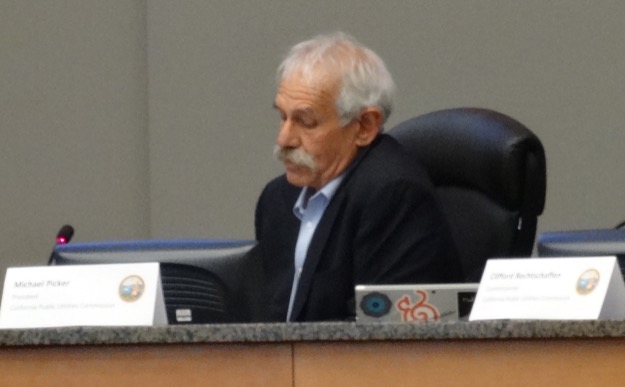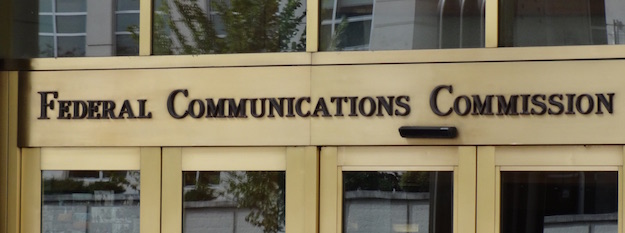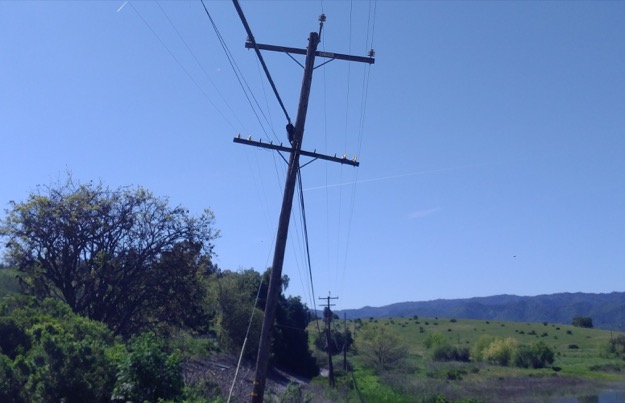Picker ends his term as CPUC president

Yesterday was Michael Picker’s last meeting as president of the California Public Utilities Commission. He stepped down at the request of California governor Gavin Newsom, who named Marybel Batjer, his strike team leader, to head the commission. She’ll be able to assume the job while the state senate decides whether to confirm her appointment.
Picker leaves behind positive accomplishments. He took over from Michael Peevey, who was under criminal investigation for backroom dealings. The switch from Peevey’s big man on campus persona to Picker’s soporific style was effective in dampening much of the heated criticism of the CPUC at the time.… More






![Carol M. Highsmith [Public domain], via Wikimedia Commons](https://www.tellusventure.com/images/2017/1/sf_apartment.jpg)


